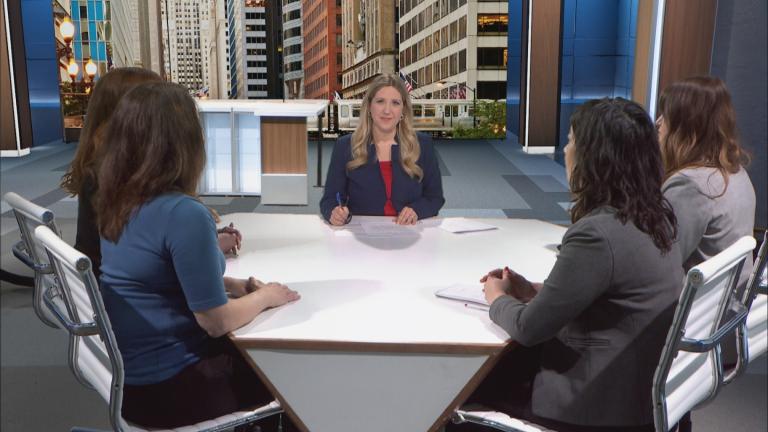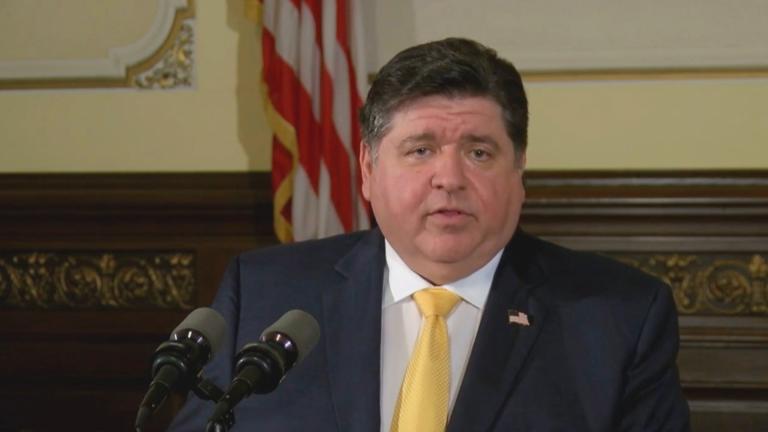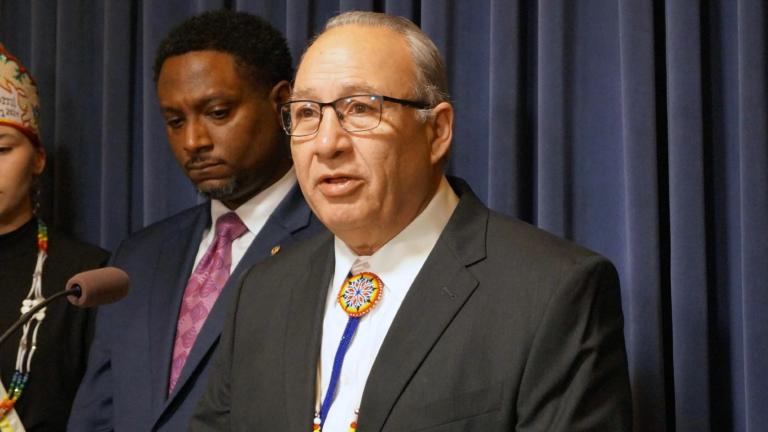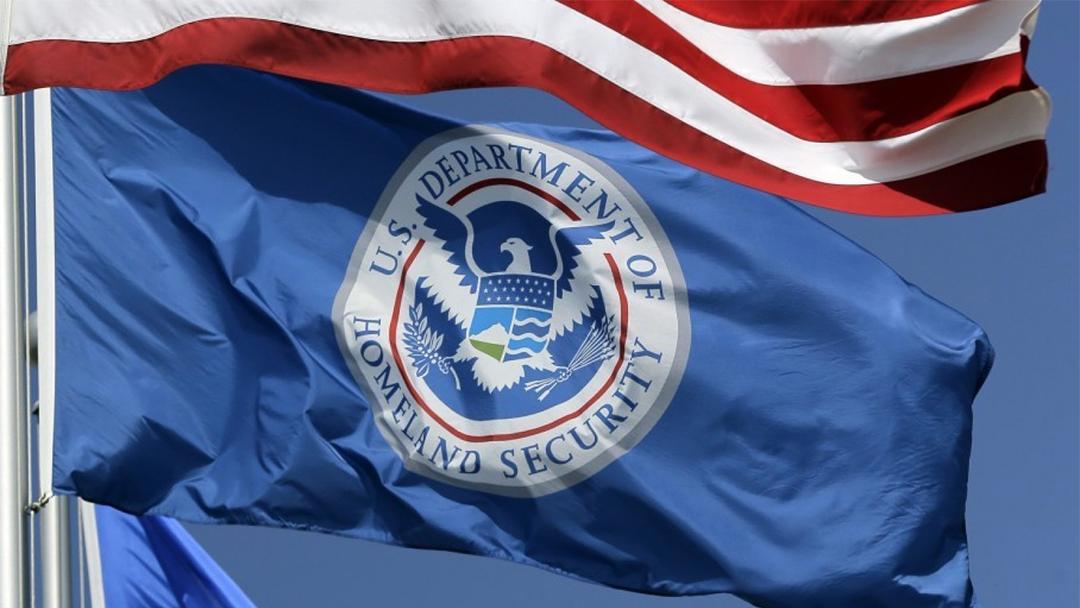
A state criminal justice agency with a track record of mismanaging grants secured a nearly $200,000 federal grant earlier this year without approval from several “partner” organizations listed in the agency’s grant application, including the head of at least one group that had never heard of the program.
The Illinois Criminal Justice Information Authority, which addresses issues within the state’s criminal justice system, came under fire in 2014 when an investigation by the state auditor’s general revealed that the agency had broken basic grant protocols in distributing nearly $100 million in anti-violence grants over four years. State auditors described the anti-violence program, introduced by former Gov. Pat Quinn, as hastily thrown together and grossly mismanaged, and said there was little evidence it helped reduce violence.
Three years later, a review of the ICJIA’s plans for a new counter-extremism program raise more questions about its grant management.
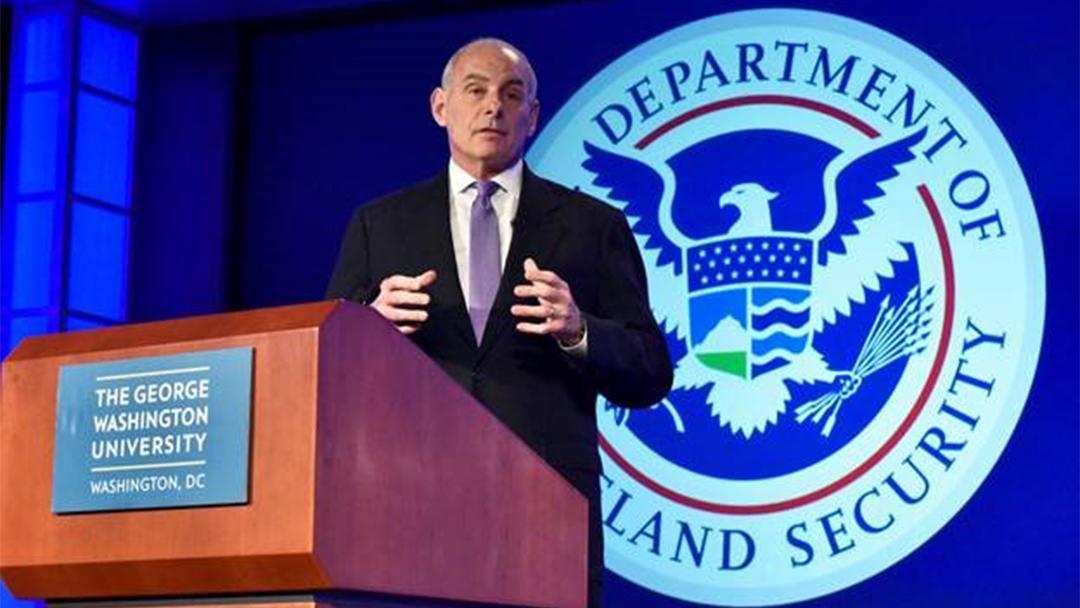 READ: Illinois Agency Awarded Controversial Counter-Extremism Grant
READ: Illinois Agency Awarded Controversial Counter-Extremism Grant
In January, the Department of Homeland Security awarded the agency a $187,877 grant as part of a controversial federal initiative to prevent ideologically motivated violence. The funding, however, has not been received by the agency and might be in jeopardy as the Trump administration reviews the grant program.
In its 22-page application for the federal grant, ICJIA said it had “secured the support and collaboration” of a range of community and faith-based organizations and several units of government. Specifically, the application listed eight “partner” organizations that ICJIA said were “committed to developing and delivering” its new program.
But at least four of the organizations told Chicago Tonight they had not yet committed to implementing the program.
Update: ICJIA Executive Director John Maki responds to our story
“This is the first I’ve heard of it,” said the Rev. Stanley Davis, executive director of the Council of Religious Leaders of Metropolitan Chicago.
Davis said the organization had not been asked to participate in ICJIA’s counter-extremism program, and that any listing of his organization as a “community partner” had not been approved by him or his staff. Davis also said his organization “would approach the program with great caution.”
The federal initiative, called Countering Violent Extremism has been opposed by the American Civil Liberties Union and other civil rights groups for reportedly discriminating against Muslims.
“These things disturb me because right now, the minority religious communities are extremely concerned about their status,” Davis said about ICJIA’s program, called “Engaged Bystander-Gatekeeper Training for Ideologically Inspired Targeted Violence.” “And the idea – the word ‘targeting,’ that is a word right now that is extremely sensitive, and no one in the religious communities that I know of would use a word like that.”
Chicago-based Parliament of the World’s Religions and the Islamic Center of Naperville participated in discussions with ICJIA as it put together the grant application. But representatives of both organizations said they did not agree to “develop and deliver” the program, as stated in ICJIA’s application.
Although it offered to partner with ICJIA on the grant, the DuPage County Office of Homeland Security and Emergency Management’s Medical Reserve Corps is uncertain how it will be involved, said Sabit Abbasi, the office’s public information officer.
“At this point, we’re not quite sure what the program is going to entail,” Abbasi said. “We’re waiting to get more information from the ICJIA about what exactly they’re looking for from us.”
The Chicago Police Department, another of the eight organizations listed, was not asked to provide a letter of support for ICJIA's application, said Larry Sachs, CPD's director of grants management. But a CPD commander and another CPD representative did discuss the program with the agency as it was being developed.
“There were conversations in which they’d been told we were more than happy to work with them in this area,” Sachs said.
Chicago Tonight sent a copy of ICJIA’s grant proposal to each of the eight listed “partner” organizations prior to interviews about their role in the program.
The other organizations listed in ICJIA’s application were Makki Masjid, a mosque in Chicago’s Albany Park neighborhood; the Islamic Society of Greater Springfield; and Chicago-based healthcare group Compassionate Care Network. Messages left with the organizations by Chicago Tonight had not been returned as of Tuesday.
ICJIA’s Junaid Afeef, who co-wrote the grant application, said he had discussed the program with a member of the Council of Religious Leaders of Metropolitan Chicago, but not with the organization’s board.
Afeef said the “partner” organizations would not be expected to know all details about the program.
“They’re accurate in saying they haven’t heard about the initiative because the initiative is [only] on paper right now,” Afeef said. “Their role is something right now that would come into play 12 to 14 months down the road.”
Follow Alex Ruppenthal on Twitter: @arupp
![]()
June 5 update: In response to our story, ICJIA Executive Director John Maki issued the following statement:
“The Illinois Criminal Justice Information Authority stands by its Countering Violent Extremism grant application and the proposal it put forward.
“Unfortunately, a narrowly worded question posed by the reporter put ICJIA’s partners in an uncomfortable position. These agencies agreed to assist ICJIA with the proposed Countering Violent Extremism program on an unpaid basis. By offering knowledge, input, feedback, and community contacts, they will, in fact, be helping ICJIA “develop and deliver” the program. ICJIA’s partnership agreements with the Islamic Center of Naperville, the Parliament of the World’s Religions, the DuPage County Office of Homeland Security and Emergency Management, the Chicago Police Department, and all others named in the application are well documented.
“ICJIA is committed to openness and transparency. The agency has a 30-year history of work with local, state, and national organizations to offer training, share research, and create opportunities for collaboration within the criminal justice community. ICJIA will continue to support efforts to promote research-supported and data-driven approaches that contribute to improved public safety outcomes.”
Related stories:
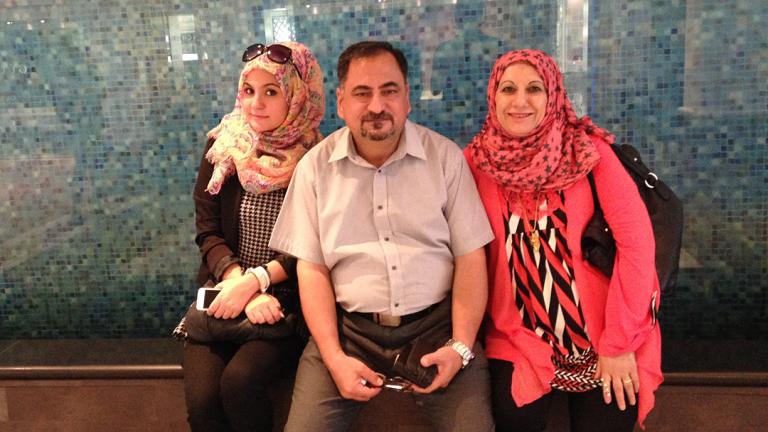 In Chicago, Iraqi Refugee Family Finds New Home, Support
In Chicago, Iraqi Refugee Family Finds New Home, Support
Feb. 8: Among the last refugees to enter the U.S. before President Trump signed his executive order on immigration was the Al-Obaidi family from Iraq. Chicago Tonight went to meet the family and the Chicagoans who are welcoming them.
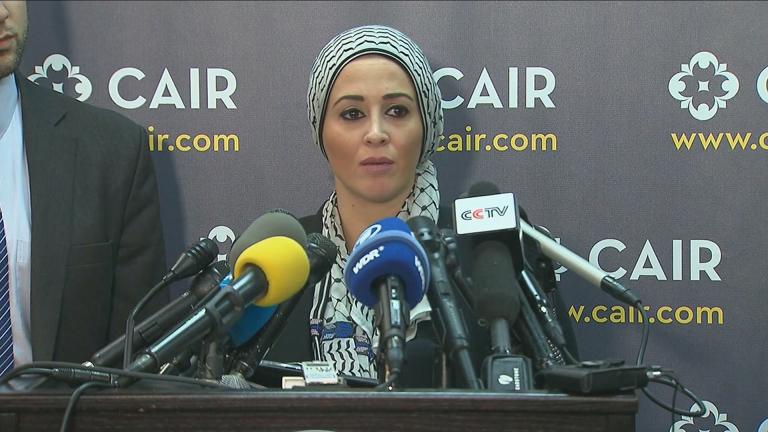 Muslim Civil Rights Group Sues Over Constitutionality of Travel Ban
Muslim Civil Rights Group Sues Over Constitutionality of Travel Ban
Jan. 30: The Council on American-Islamic Relations filed a federal lawsuit Monday over the constitutionality of President Donald Trump’s executive order, which they say targets Muslims.
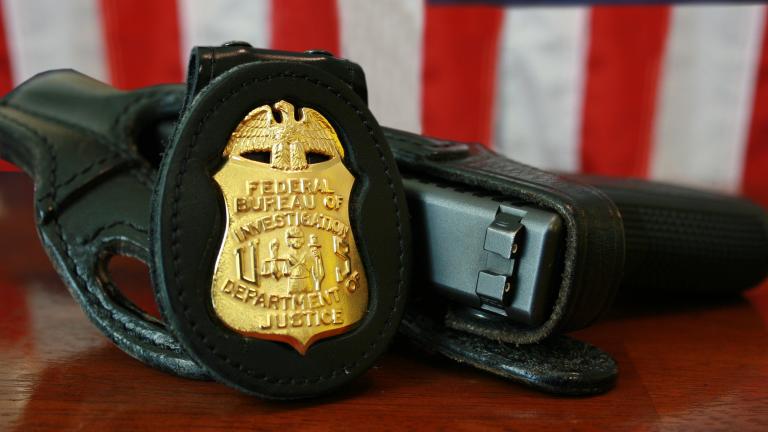 How Federal Authorities Assess Risk in a Post-9/11 World
How Federal Authorities Assess Risk in a Post-9/11 World
Sept. 21: We look at what the recent bombings in New York and New Jersey say about counterterrorism efforts in the U.S.

